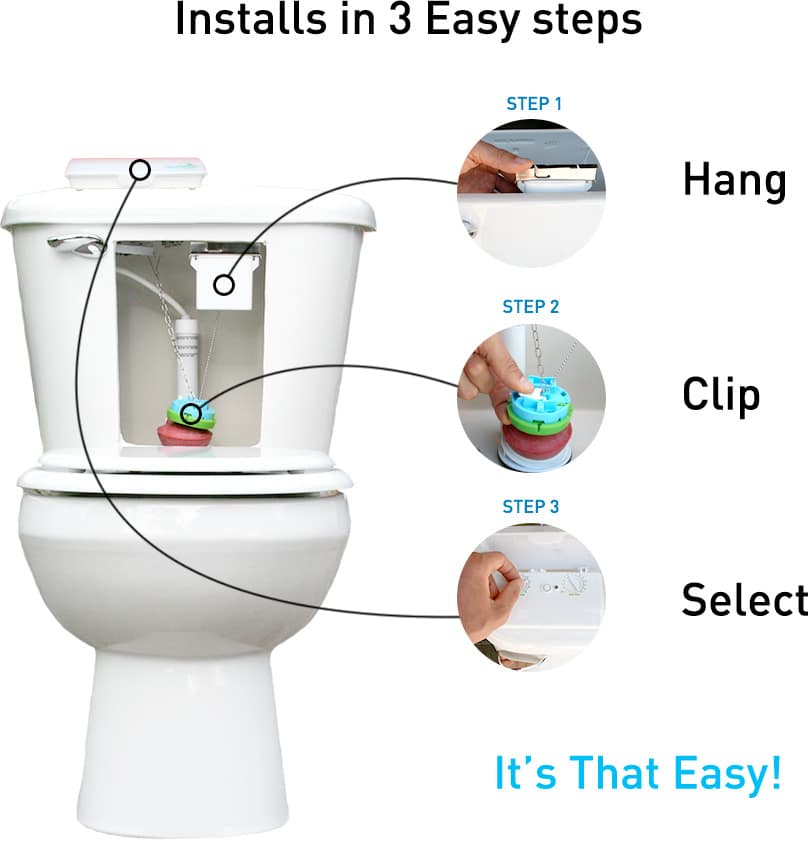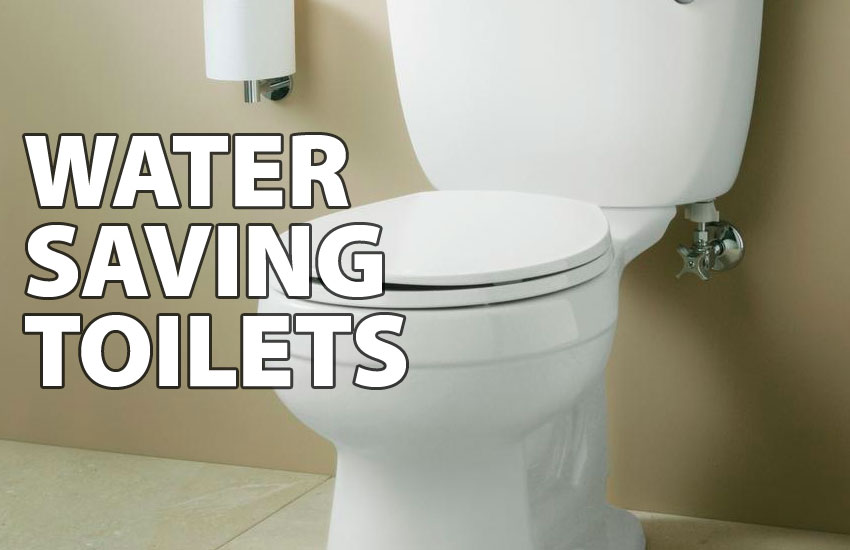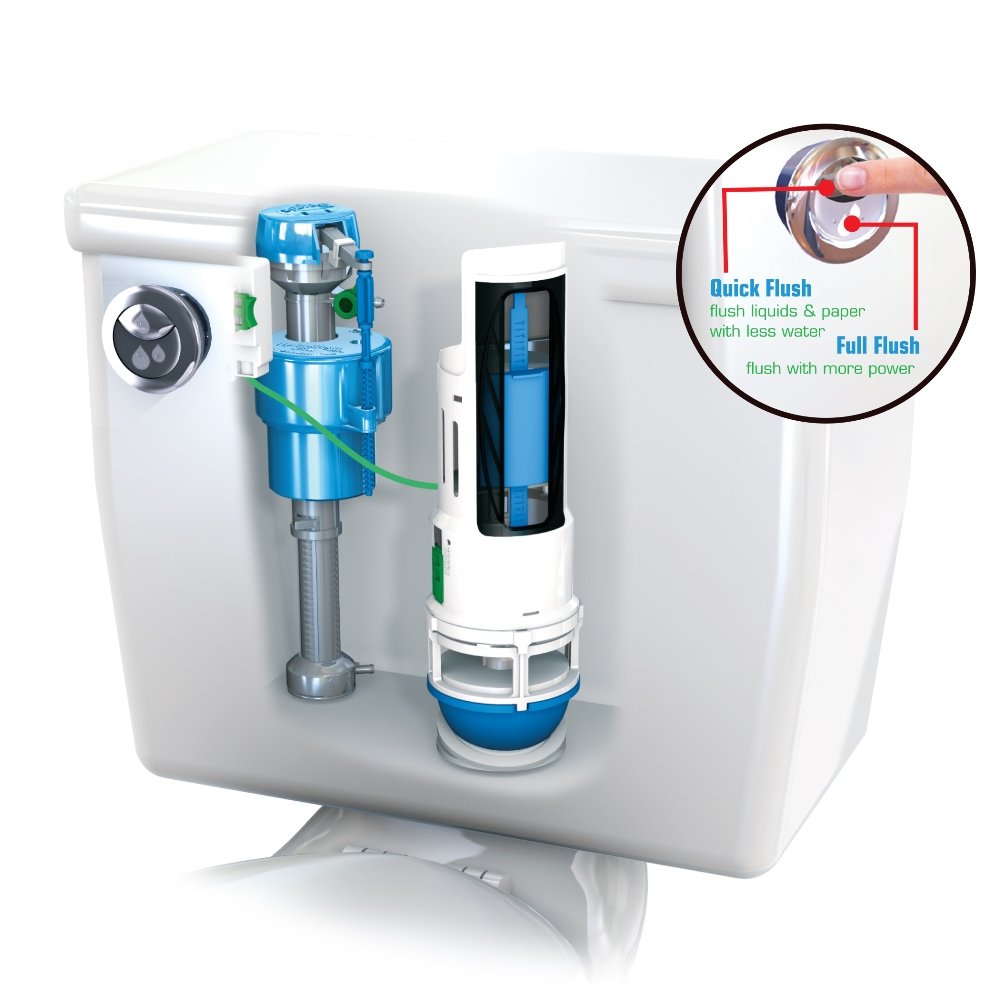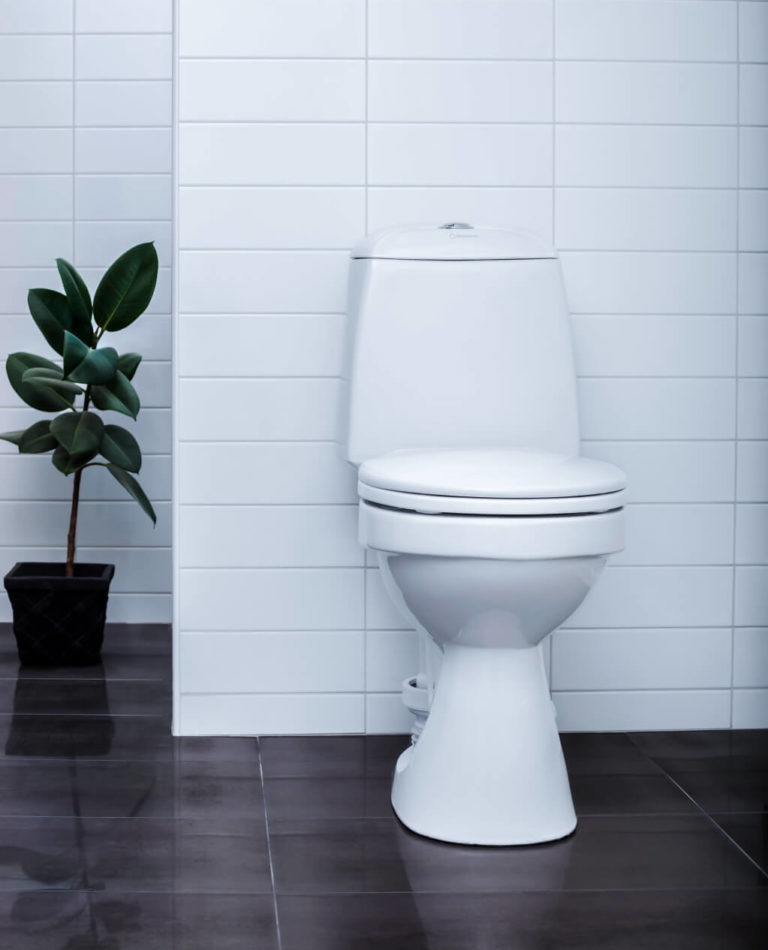Toilet with flush saves water
Toilet with flush saves water
Introduction

The toilet is one of the most water-intensive fixtures in the home, accounting for up to 30% of indoor water use. While flushing is necessary to keep our homes clean and sanitary, it's also a major source of water waste. Fortunately, there are a number of ways to save water on your toilet, including installing a high-efficiency toilet (HET) or a waterless toilet.
High-efficiency toilets (HETs)
HETs are designed to use less water than traditional toilets, typically 1.6 gallons per flush (GPF) or less. This can save you a significant amount of money on your water bill, and it can also help to protect the environment by reducing the amount of wastewater that needs to be treated.
When shopping for an HET, it's important to choose a toilet that is certified by the Environmental Protection Agency (EPA). EPA-certified HETs meet strict performance standards, and you can be confident that they will save you water and money.
Waterless toilets
Waterless toilets are another option for saving water on your toilet. These toilets do not use any water to flush, and they rely on a vacuum to remove waste from the bowl. Waterless toilets can save you up to 50% on your water bill, and they are also environmentally friendly.

Other ways to save water on your toilet
In addition to installing a HET or a waterless toilet, there are a number of other ways you can save water on your toilet. These include:
- Only flushing when necessary. This may seem like a no-brainer, but it's important to remember that every flush wastes water. Try to only flush when you've used the toilet, and avoid flushing for small amounts of liquid.
- Adding a brick to your toilet tank. Adding a brick or other heavy object to your toilet tank can help to reduce the amount of water that is used each flush. This is because the added weight will help to slow down the water flow, and it will also help to create a more powerful flush.
- Replacing your toilet flapper. The flapper is the rubber seal that sits at the bottom of your toilet tank and controls the flow of water. If your flapper is worn out or damaged, it can cause your toilet to leak water and waste. Replacing your flapper is a simple and inexpensive way to save water.


Conclusion
There are a number of ways to save water on your toilet, and each of these methods can have a significant impact on your water bill and your impact on the environment. By making a few simple changes, you can help to conserve water and protect our planet.

Additional resources


Thank you for exploring our website by Toilet with flush saves water. Your presence fuels our commitment to excellence. Come back for a more enriching experience!

